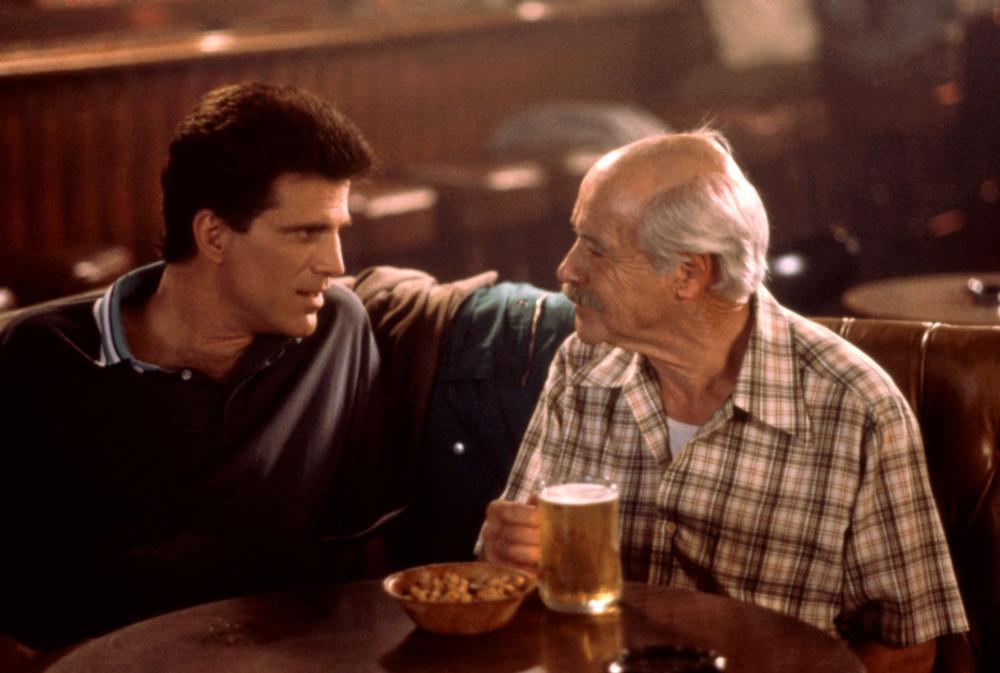PG | 1 h 57 min | Drama | 1989
Screenwriter-director Gary David Goldberg’s comedy is about boys who always remain sons, and men who don’t always go on to become fathers, at least not the fathers they want to be.

PG | 1 h 57 min | Drama | 1989
Screenwriter-director Gary David Goldberg’s comedy is about boys who always remain sons, and men who don’t always go on to become fathers, at least not the fathers they want to be.